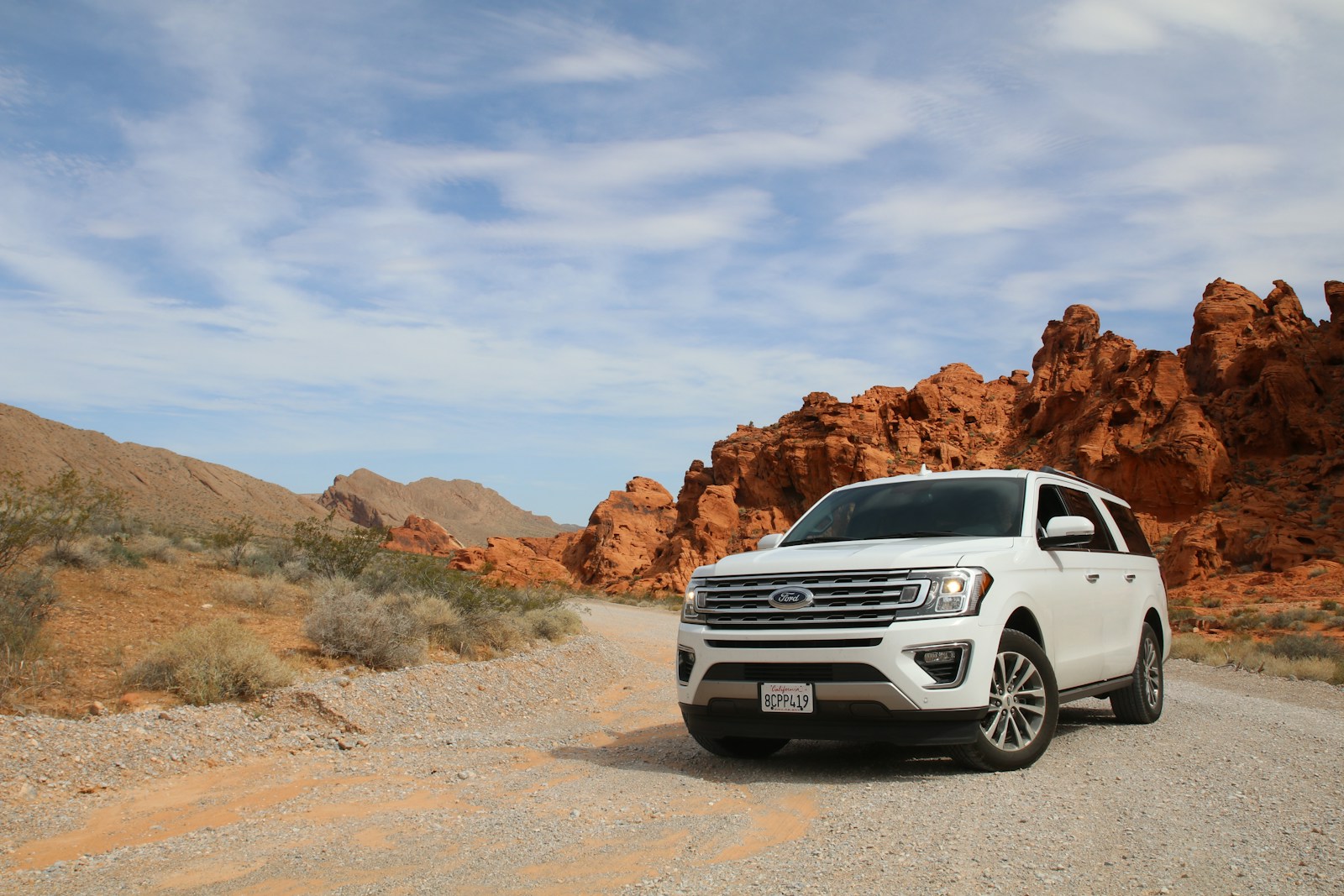When temperatures rise, so does the stress on your car. From long road trips to stop-and-go traffic in the heat, summer puts unique demands on your vehicle. But with the right maintenance, you can avoid breakdowns, improve performance, and enjoy peace of mind on every drive.
Whether you’re commuting daily or planning a cross-country adventure, here are the top car maintenance tips for summer to keep your ride running cool and smooth.

🌡️ 1. Check Your Cooling System
Your engine’s cooling system is the first line of defense against overheating—a common summer issue. Make sure your radiator is filled with the correct mix of coolant and water (usually 50/50). Check for:
- Cracks or leaks in hoses
- Loose clamps
- Signs of corrosion
Tip: Replace coolant if it hasn’t been changed in the past 2–3 years, or per your owner’s manual.
🔋 2. Test Your Battery
Heat can be just as brutal on your battery as cold. High temperatures cause fluid evaporation, which can lead to internal corrosion.
Signs of battery trouble include:
- Slow engine crank
- Dim headlights
- Battery warning light
Solution: Visit an auto parts store for a free battery check. If your battery is more than 3 years old, consider replacing it before it fails.
🛞 3. Inspect and Inflate Tires
Hot pavement and underinflated tires are a dangerous mix. Heat causes air to expand, and if your tires are already over- or under-inflated, they’re at risk of a blowout.
- Check tire pressure monthly, including your spare.
- Inflate to your manufacturer’s recommended PSI (found inside the driver’s door frame).
- Look for uneven wear or bald spots—summer is no time for worn-out tread.
🔧 4. Change Your Oil (and Check All Fluids)
If you’re overdue, get an oil change before a long summer drive. Extreme heat makes your engine work harder, and clean oil helps reduce friction and prevent overheating.
Also check:
- Transmission fluid
- Power steering fluid
- Brake fluid
- Windshield washer fluid (important for clearing bugs and grime)
🧼 5. Replace Wiper Blades and Top Off Washer Fluid
Summer doesn’t mean dry skies everywhere. Heavy rain, bugs, and dusty roads demand clear visibility.
- Replace wiper blades if they streak or squeak.
- Use a summer blend washer fluid to cut through bugs and grime.
Pro tip: Carry a backup jug of washer fluid on long road trips.
🔥 6. Get Your Air Conditioning Checked
If your A/C is blowing warm or weak, it might just need a recharge—or it could indicate a leak or failing compressor.
Before peak heat hits:
- Turn your A/C to max to test airflow and temperature.
- If airflow is low, check your cabin air filter.
- Visit a mechanic for a pressure test or refrigerant top-up if it’s not cooling properly.
🚗 7. Replace Your Cabin Air Filter
If you haven’t replaced your cabin air filter in a year, it’s probably clogged. A fresh filter keeps the air inside your car cleaner and helps your A/C system work more efficiently.
Bonus: It also cuts down on odors and allergens during hot, pollen-filled days.
🧰 8. Inspect Brakes
Summer driving often means heavier traffic, higher speeds, and more frequent braking. If you hear squeaking, grinding, or feel vibrations, get your brakes inspected right away.
Brake pads usually last 30,000–70,000 miles, depending on your driving habits. Don’t wait until it’s dangerous.
🪟 9. Protect Your Car from the Sun
Just like your skin, your car’s paint and interior can suffer from UV exposure. To keep your vehicle looking new:
- Use a windshield sunshade when parked.
- Apply UV-protectant sprays to the dashboard and vinyl surfaces.
- Wax your car to add a layer of UV protection to the paint.
🛑 10. Check Belts and Hoses
Rubber components can crack or snap faster in high heat. Check:
- Serpentine belts
- Radiator and heater hoses
- Drive belts
Look for fraying, bulges, or glazing. Replacing a belt now is far cheaper than fixing engine damage later.

🛍️ 5 Summer Car Essentials
| Product | Use | Pros | Cons |
|---|---|---|---|
| Rain-X Latitude Wiper Blades | Clear vision during storms | All-season performance | Pricier than basic blades |
| Peak Long Life Coolant | Engine temperature control | Protects in extreme heat and cold | Requires mixing (if concentrate) |
| Meguiar’s Ultimate Wax | Paint protection | Adds UV defense and shine | Takes time to apply properly |
| AC Pro Refrigerant Kit | A/C recharge | Quick DIY solution | Temporary fix if there’s a leak |
| Chemical Guys Total Interior | UV interior protectant | Cleans and shields all surfaces | Avoid contact with glass |
🧠 FAQs
1. How often should I check my coolant in summer?
Check your coolant level once a month during the summer, especially before long trips. If you notice it dropping quickly, get the system inspected for leaks.
2. What PSI should my tires be during hot weather?
Always inflate tires to the manufacturer’s recommended PSI (usually between 30–35 PSI), not the number on the tire itself. Check when tires are cold—early morning is ideal.
3. How can I prevent my car from overheating?
Top off coolant, check for leaks, keep your radiator clean, and don’t run the A/C on max while idling for long periods. If your temp gauge rises, turn off the A/C and turn on the heater to draw heat away from the engine until you can pull over safely.
✅ Final Thoughts
Summer brings heat, adventure, and the opportunity for open-road escapes—but also the potential for car trouble if you’re not prepared. Staying on top of key maintenance tasks can prevent breakdowns, improve performance, and keep you safe.
From your battery to your brakes and everything in between, a little summer-specific care goes a long way. Spend a weekend checking off these tasks—or bring your vehicle to a trusted mechanic for a seasonal tune-up—and enjoy a worry-free summer behind the wheel.
Let’s Talk Cars
Have a question? A suggestion? Just want to say hi?
You’re in the right place.
Use the form below to reach out to the AutoSpecs Daily team. We're happy to hear from readers, car lovers, first-time buyers, and anyone who's got something to share.
What can you contact us about?
- Feedback on one of our articles
- Ideas for new topics you'd like us to cover
- Questions about cars, gear, or general auto advice
- Media, partnership, or brand inquiries
- Anything else that's on your mind
We check every message that comes through and do our best to respond within 2 to 3 business days.
We don’t list an email address here to avoid spam, but the contact form is the best and fastest way to reach us.
Thanks for stopping by. We're glad you're here.

